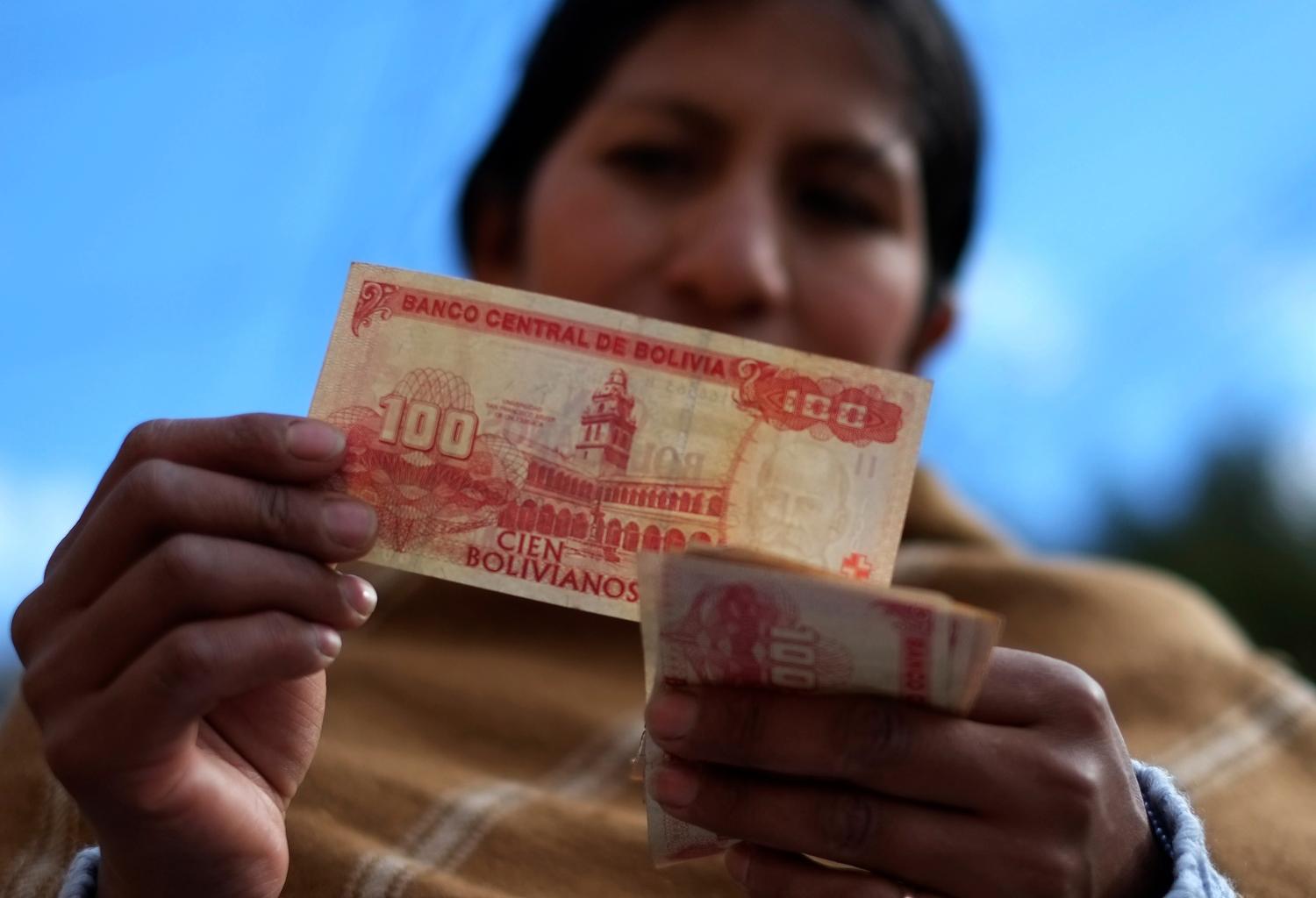ABSTRACT
Should inflation be thought of as just another tax? The theoretical basis for doing
so dates back to Phelps (1973) and has been greatly refined ever since. Since optimal
taxation minimizes the deadweight loss by equalizing the marginal distortions of all
available taxes, including the inflation tax, a key distinctive theoretical implication
obtained by these models is that inflation and tax rates have a positive relationship.
While theoretically appealing, empirical studies find virtually no support for this key
implication.
We show that, considering the role of central bank independence (CBI), it is possible to reconcile the main theoretical implications of models of optimal taxation and seigniorage with the empirical evidence. Different degrees of CBI capture the extent
to which monetary policy is effectively controlled by the fiscal authority. Our model
generates three testable implications: i) if CBI is low, the optimal relationship between inflation and tax rates is positive, ii) such relationship is a decreasing function
of the degree of CBI, and iii) the relationship is negative for high levels of CBI. We
show that these hypotheses hold for alternative measures of tax policy, seigniorage,
and CBI as well as after controlling for several macroeconomic performance, ideology,
political instability, governance, and economic structural/development factors.




